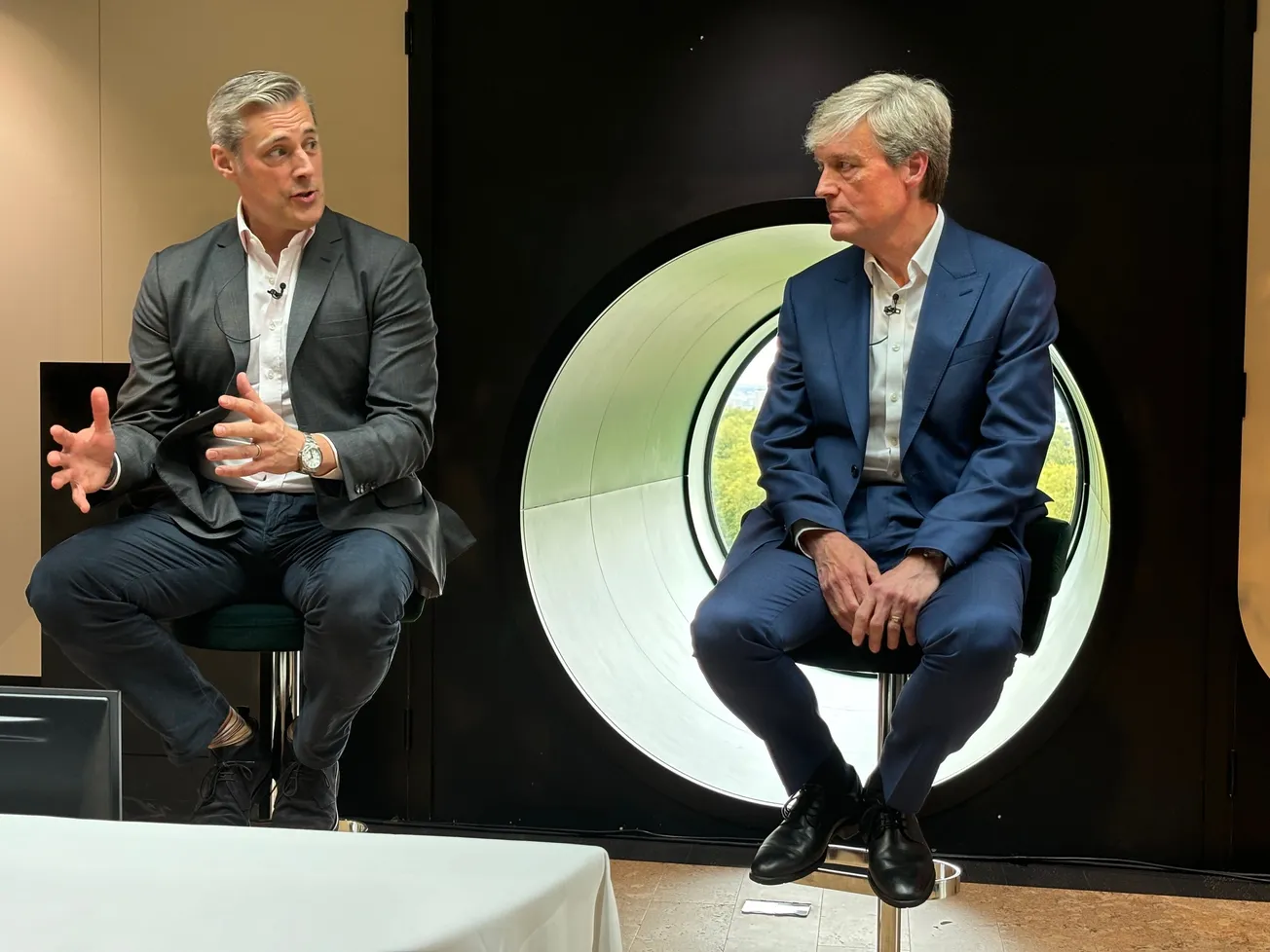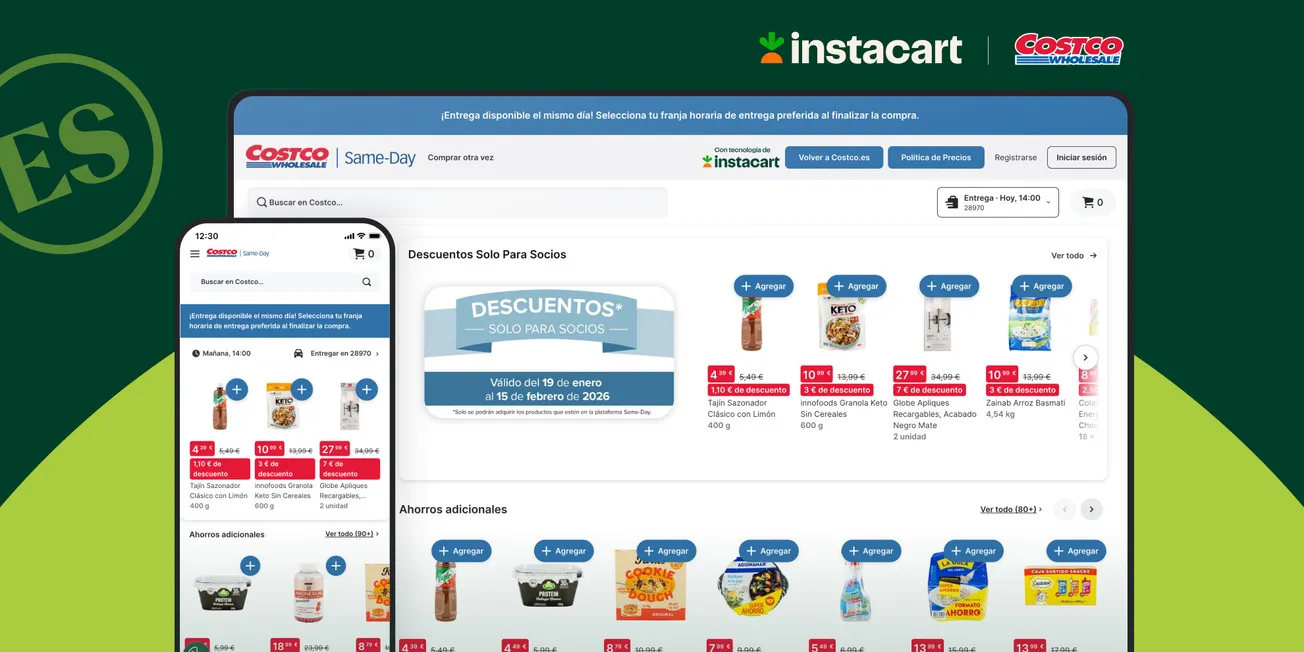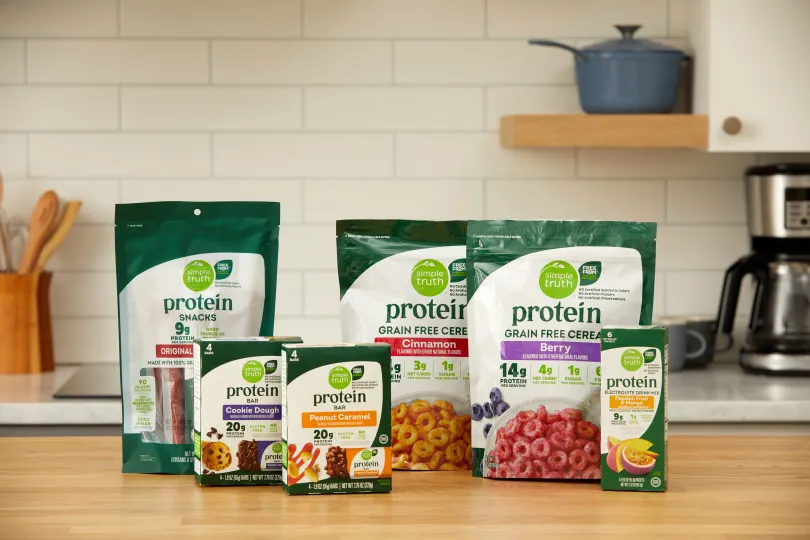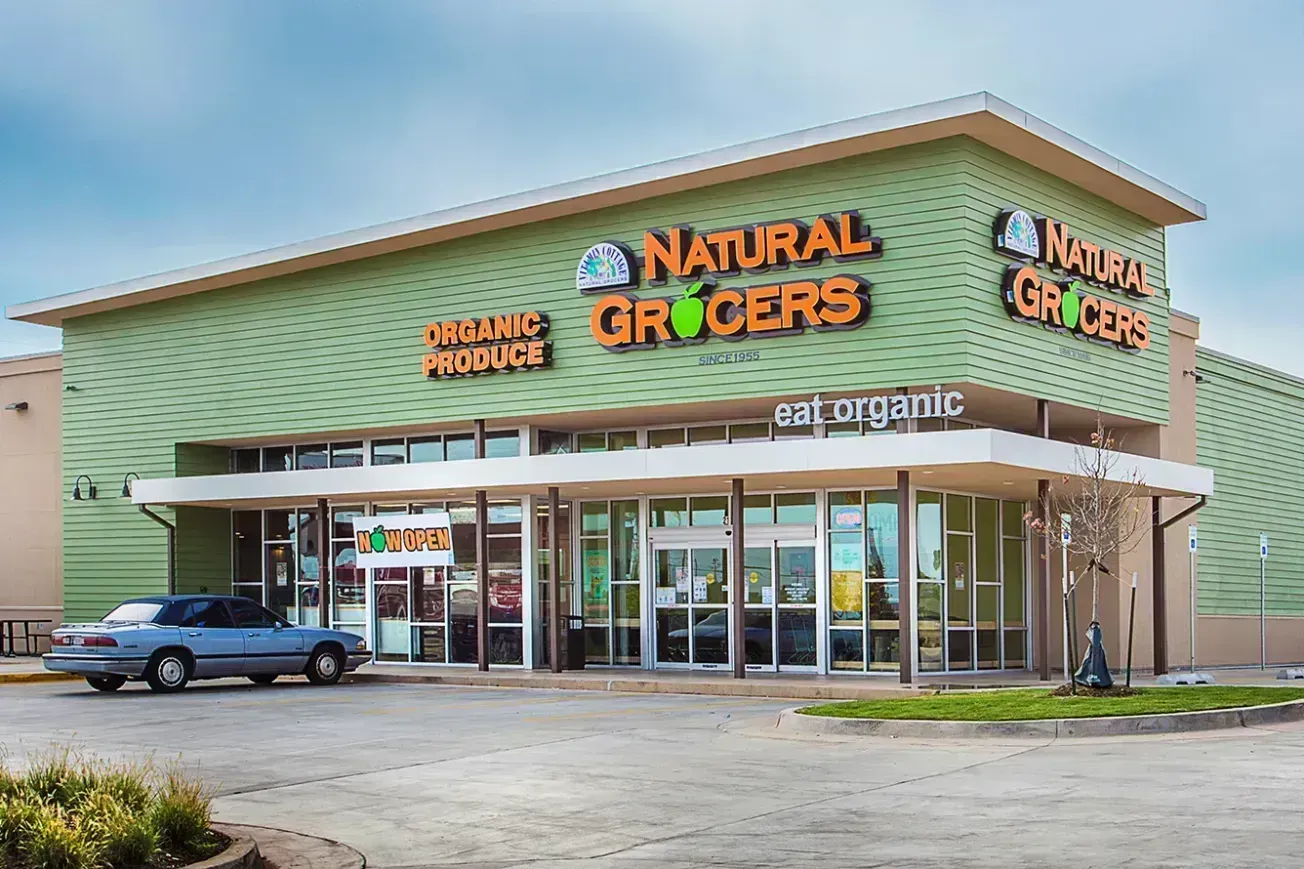LONDON — The Emerson Group kicked off its “Future of Commerce 2030” series earlier this month with an event here that was live-streamed to retail and supplier executives in the United States and elsewhere.
Ed Morgan, president of The Emerson Group, explained that the event was designed to build on the kind of thought leadership the company has offered for 16 years with its annual Industry Day sessions, “but we’re going to take it into the future. We're going to focus on driving success, challenge the norms and envision the future. We’ll delve into the macro trends of retail, of brands, of consumer technology and of leadership. So if you have an interest in what the future holds for this industry, you're in the right place today and you're in the right place on your computer today watching us virtually.”
Morgan noted that the London event, which was hosted by MMR, Chain Drug Review, and WSL Strategic Retail, along with The Emerson Group, will be followed by several events in 2025. In early February 2025, there will be one with Walmart’s leadership in Bentonville, Ark. That will be followed by an event in Seattle in May with Costco’s leadership team, and then one in October 2025 in Woonsocket, R.I., with CVS Health’s leadership team.
All of the events will be focused on the future of the retail and consumer packaged goods industries, and the London event that launched the series was no exception. It started with a presentation on the “Future of the Consumer Landscape” by Jacqueline Windsor, partner in strategy and deals for consumer markets and U.K. head of retail at PwC.
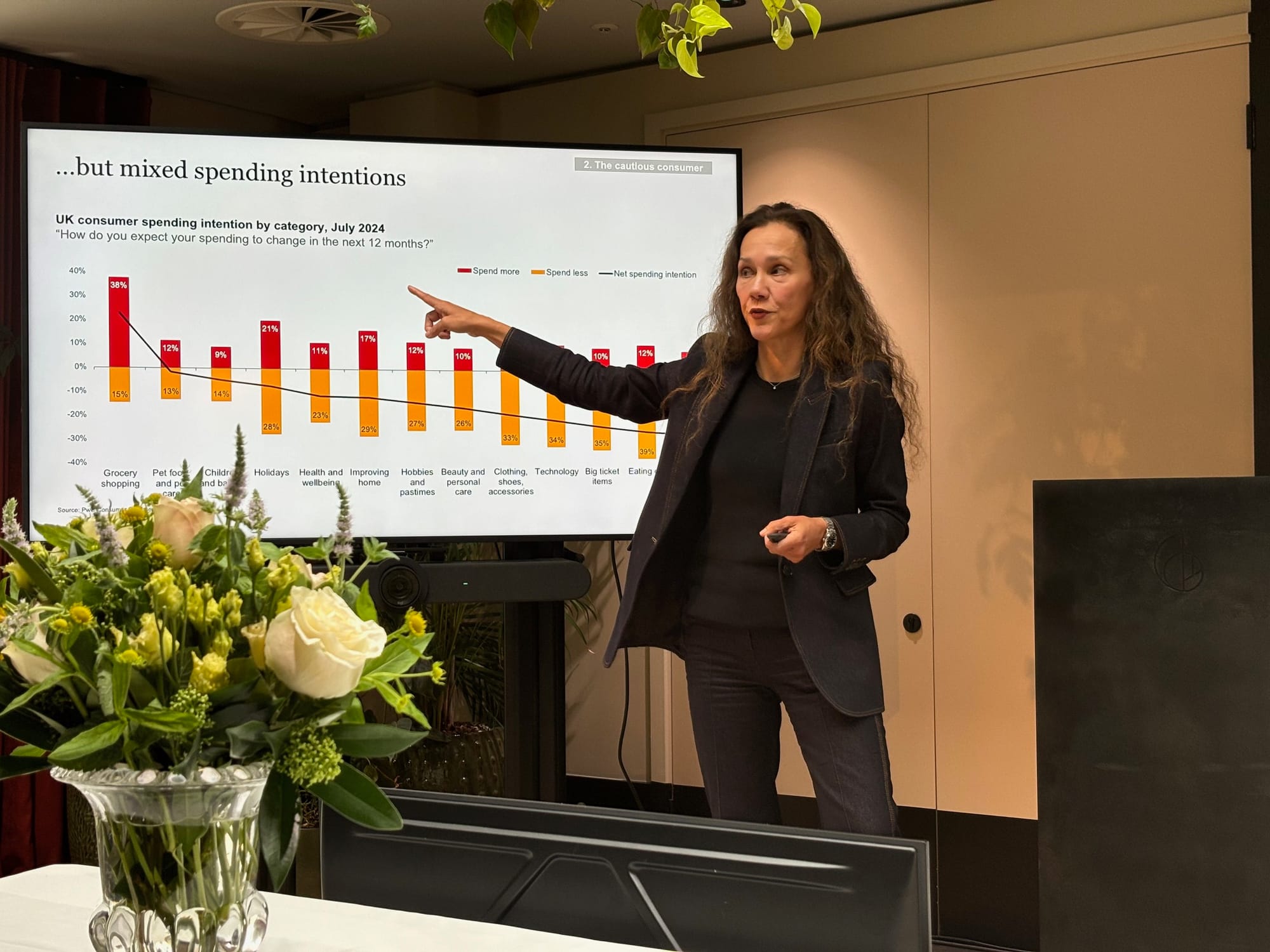
Windsor detailed some of the differences between consumers in the United Kingdom and their counterparts in the United States, noting that the U.K. is less ethnically diverse, and consumers there are served by significantly fewer square feet of shopping space per capita than Americans. Stores in the U.K. are smaller, and value retailers and private label brands play a much more significant role.
She also described how the different “tribes” of consumers in the U.K. are impacting the consumer landscape now and in the future. The Next Gen Consumer, for example, will be the largest generation in history, with members who have a more progressive mindset, a focus on personal identity and self-expression, and an interest in immersive, experiential, and shareable shopping journeys.
Then there are the aging consumers who have disproportionate wealth, independent and active lifestyles, and higher loyalty to brands and retailers. Or the “inclusive” tribe of consumers focused on body positivity, diversity and gender fluidity, who seek authentic representation and tailored products and experiences.
Among the other highlights of the inaugural session of the Future of Commerce 2030 Series was a panel discussion on the future of retail that featured executives of leading United Kingdom retailers. Moderated by Wendy Liebmann, chief executive officer and chief shopper of WSL Strategic Retail, panelists including Alex Gourlay, executive chair of Holland Barrett; Matthew Barnes, chief executive officer of Tesco U.K.; and Marco Kormann Rodrigues, partner leader of retail and CPG for Amazon Web Services (AWS).
Liebmann pointed out that, despite the explosive growth of e-commerce in recent years, consumers still plainly want to go to stores, and posed the question of what the role of the brick-and-mortar store will be in the new age. Barnes, who served with Aldi Group for 26 years before joining Tesco earlier this year, acknowledged that the COVID-19 pandemic triggered huge growth in e-commerce for Tesco, but maintained that many of the fundamentals of retail remain largely unchanged.
“Customers still want great value, they want convenience, they want quality and they want good service,” he said. “So I don’t think that has fundamentally changed. But I think the impact of the discounters, which was quite a bit later in the U.K. than in other European countries, has shaken things up a bit and enabled Tesco to focus on what really are the core fundamentals — coming back to that price, quality and service.”
For example, Tesco’s Club Card, which debuted decades ago, has been reinvigorated and the retailer is offering an Aldi Price Match targeting some 800 lines as well as 8,000 Club Card prices. More than ever, customers want great value, Barnes said, and it is critical that Tesco get that combination of price and quality right, particularly when customers are better informed than ever.
With multiple generations active in the workplace, leaders have to consider how to create an effective work culture, which is no easy task. Steve Anderson, president and CEO of the National Association of Chain Drug Stores, led a discussion featuring Claire Hannah, chief customer & digital commerce officer for Unilever; Manoj Raghunandanan, managing director of Kenvue for northern Europe; and Sebastian James, managing director of Boots PLC. James argued that there is no way to “make” a culture. Boots, which was founded 175 years ago, has a culture that was averse to change, he pointed out.
“I tried to explore why, and I came to the conclusion a bit reluctantly that the reason was that everyone in the organization was desperately afraid of disappointing Jesse Boots, who had been dead for 100 years,” he said.
Store visits in London were an important part of the program and one that furnished surprise and delight. Boots, Holland Barrett and Tesco locations all were praised as being “at least as good as anything we have in the U.S.”


